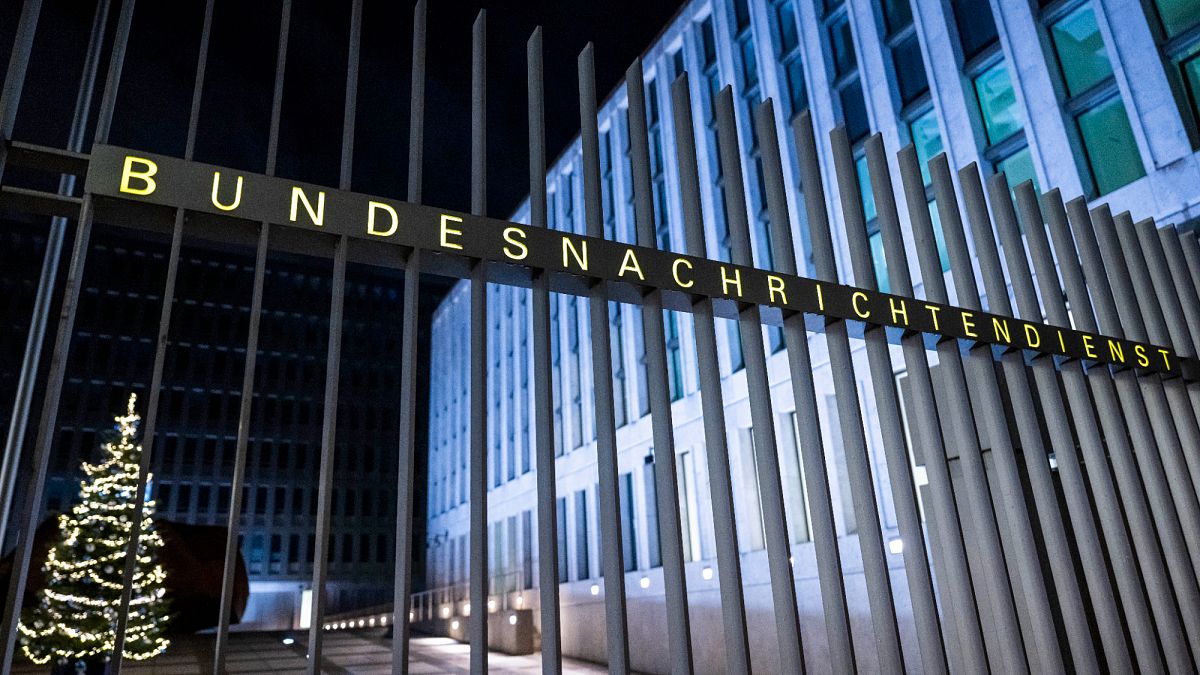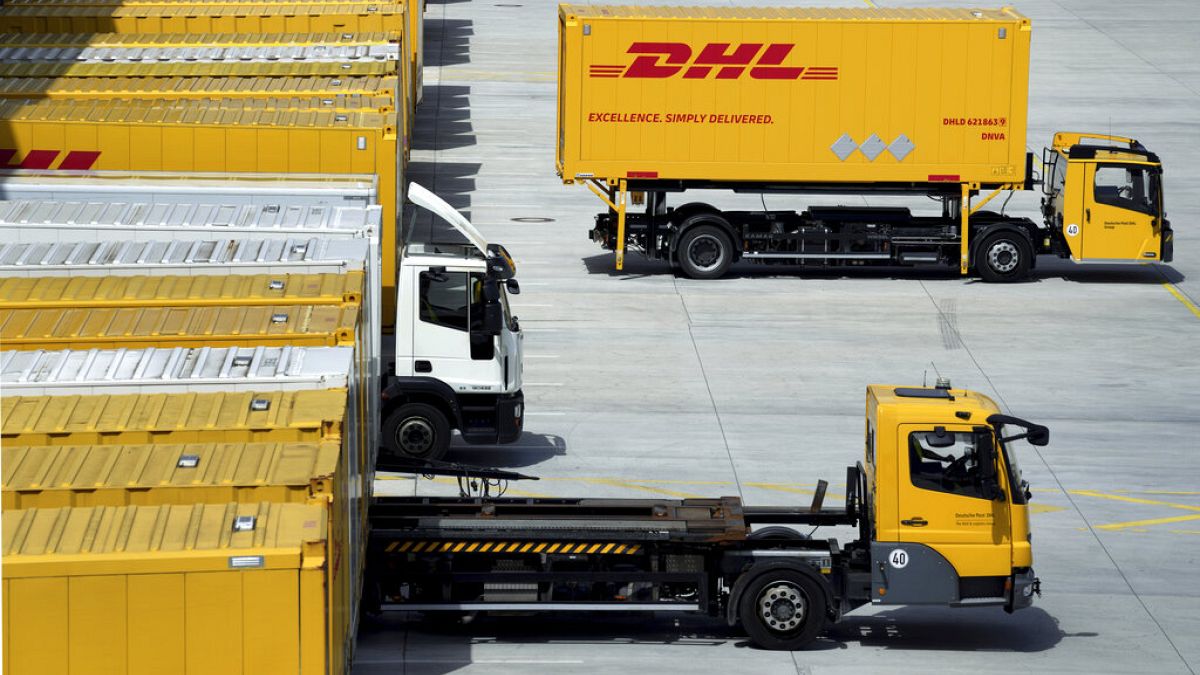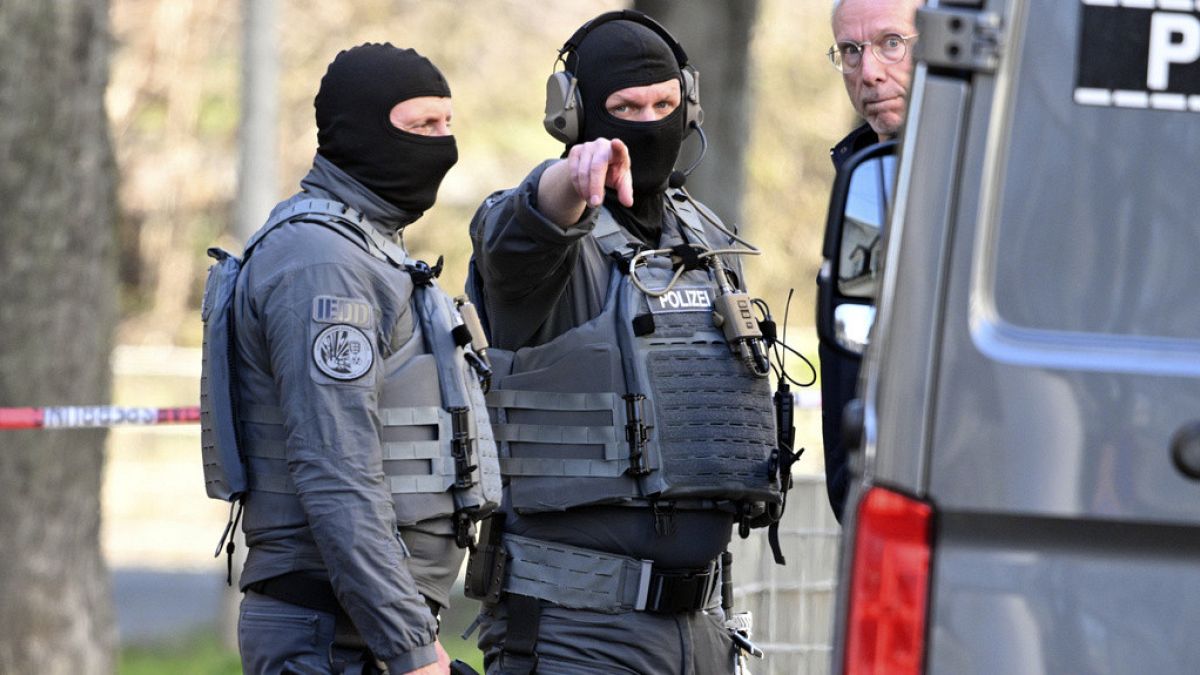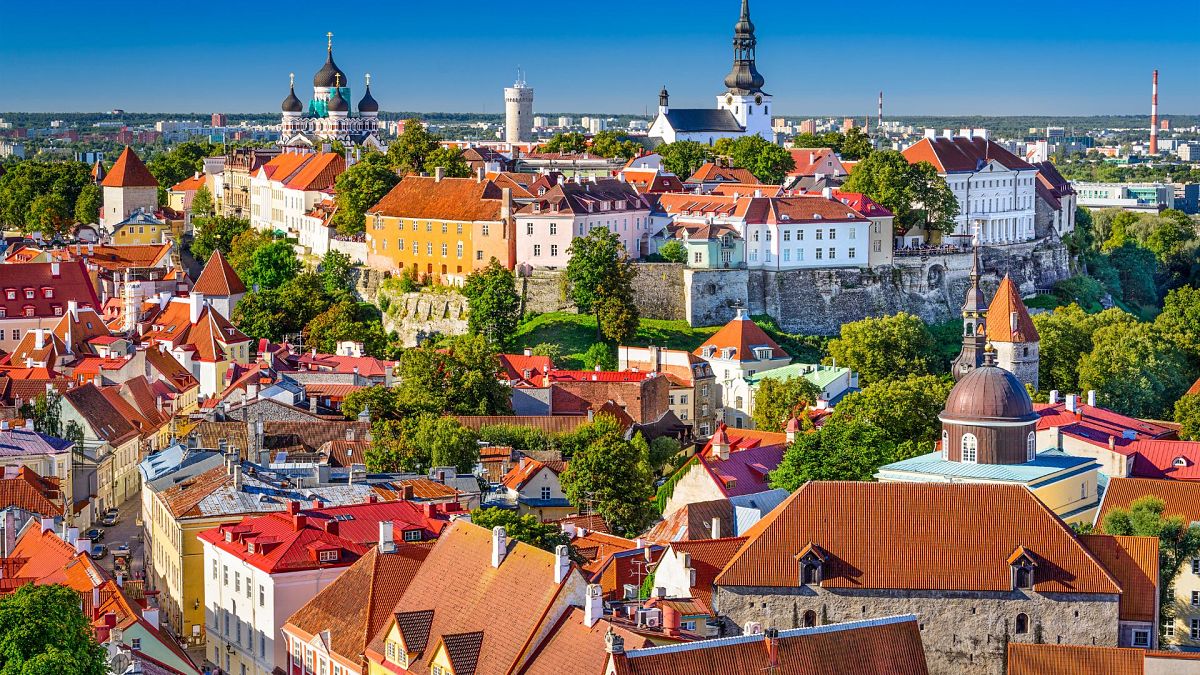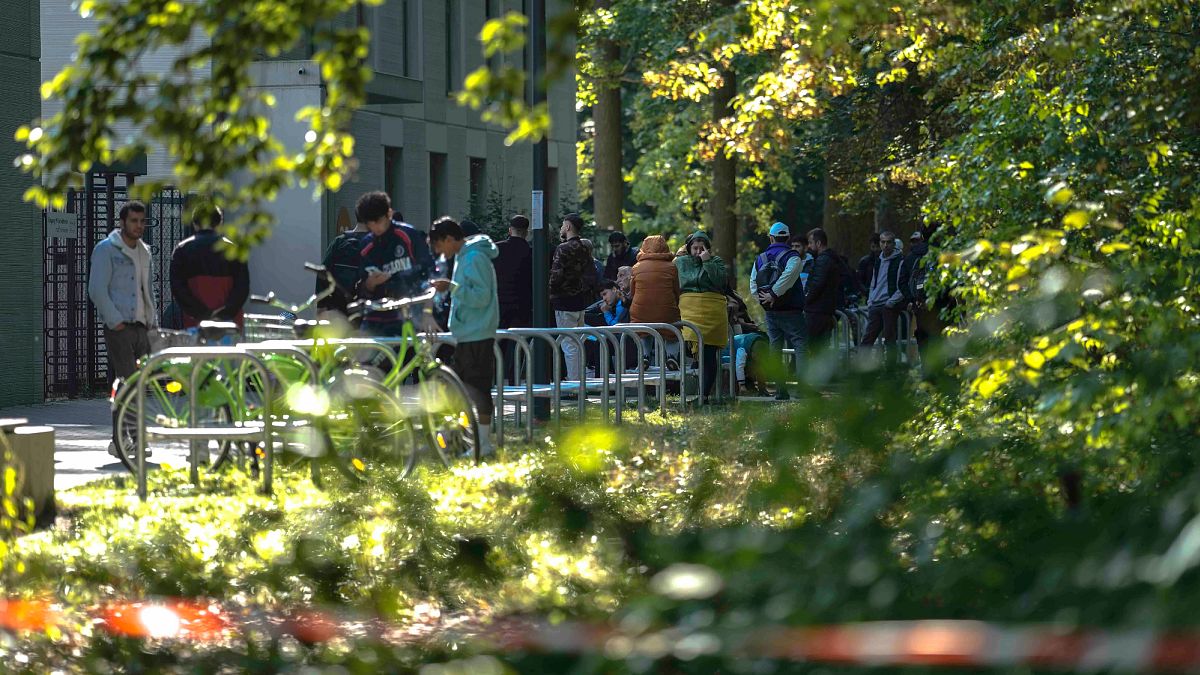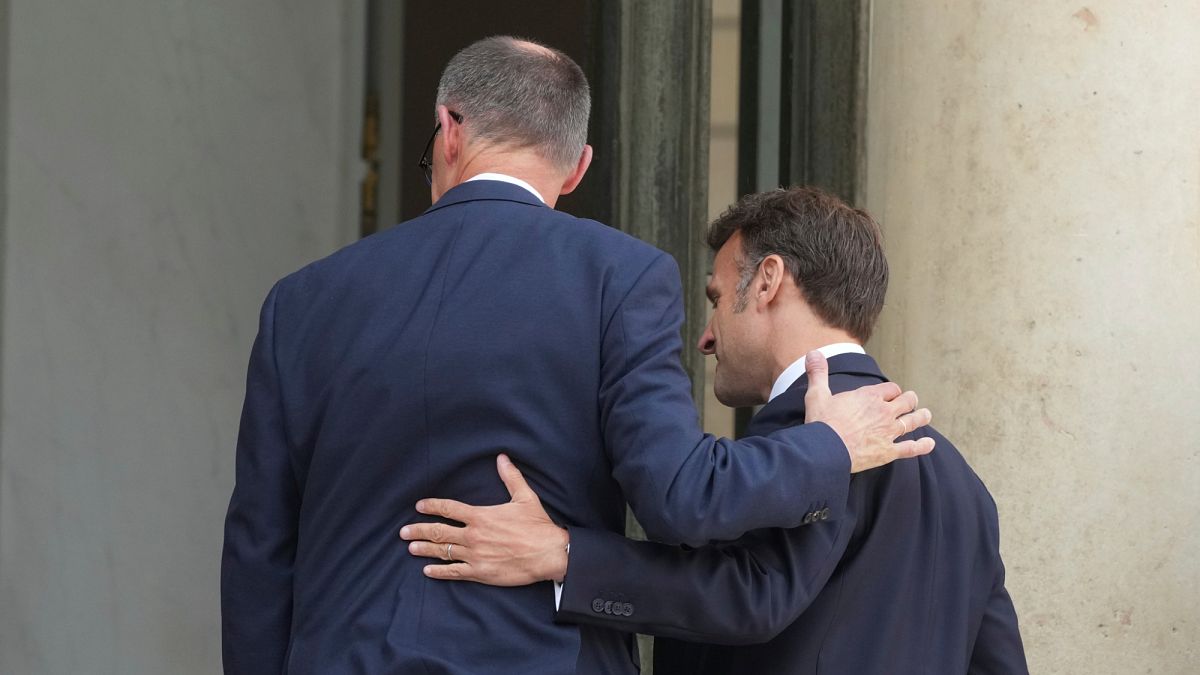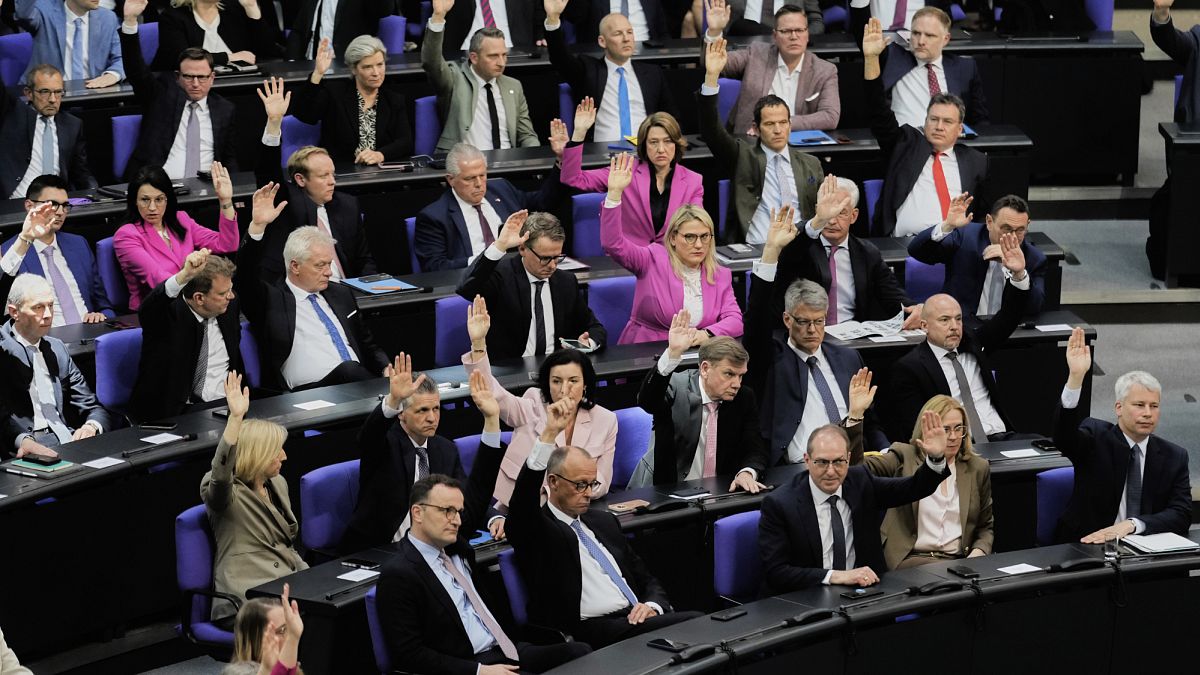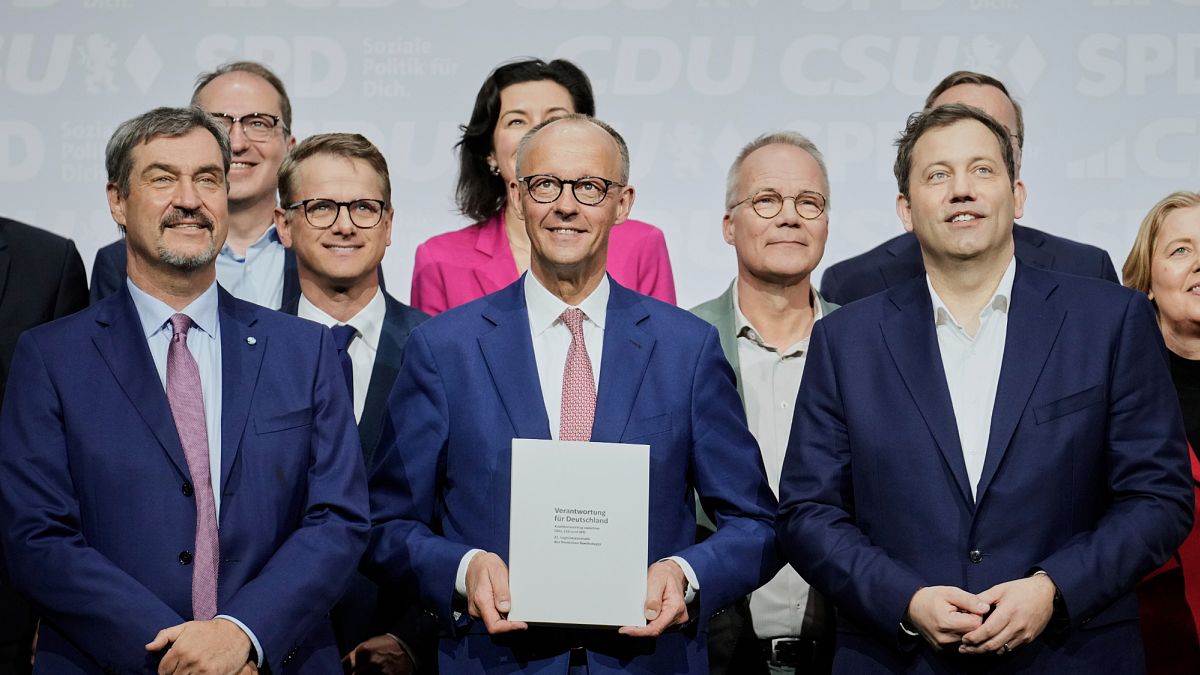Border controls are ‘last resort,’ Brussels says after Solingen attack
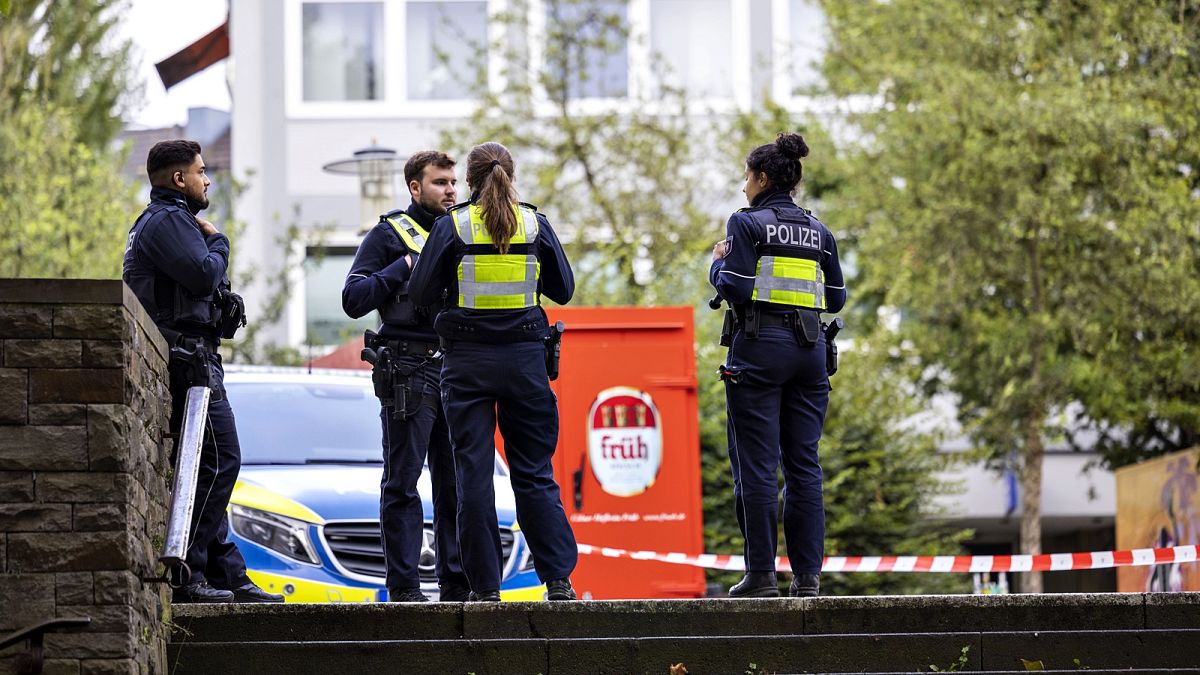
The spectre of additional border controls looms over the Schengen Area after a deadly attack in Solingen, Germany.
The European Commission is treading a fine line following the mass stabbing that left three people dead in Solingen, Germany, balancing, on the one hand, the prerogative of national security, which member states zealously guard, and, on the other, the integrity of the Schengen Area, which the executive is compelled to preserve.
The passport-free zone of 450 million citizens, widely considered one of the most tangible achievements of European integration, has been under constant pressure since the 2015 migration crisis, when countries introduced temporary border checks that were, in certain cases, illegally prolonged.
Eight Schengen countries, including Germany, currently conduct checks.
Any border control should be “proportionate” and remain “exceptional, strictly limited in time and last resort,” a Commission spokesperson said on Tuesday, noting the measure should always be justified by a “serious threat to public policy or internal security.”
The knife attack in Solingen, claimed by the so-called Islamic State, was carried out by a Syrian national whose asylum application had been previously rejected and had been ordered to return to Bulgaria, the first EU country of entry.
The failure to carry out the deportation has triggered a blame game between German authorities and reignited the politically explosive debate on migration, which Brussels had hoped to have contained after completing an all-encompassing reform in May.
“We must do everything we can to ensure that such things will never happen again in our country,” Chancellor German Scholz said, promising to speed up the number of deportations. The EU has long struggled to address this thorny issue due to, among other factors, a lack of cooperation from countries of origin.
“We will have to do everything we can to ensure that those who cannot and are not allowed to stay here in Germany are repatriated and deported,” Scholz added.
Politicians on the right quickly seized the moment to excoriate Scholz and his deeply unpopular three-party coalition, demanding forceful action to curb irregular migration.
Friedrich Merz, leader of the centre-right Democratic Union of Germany (CDU), proposed a moratorium on the admission of Syrian and Afghan refugees, the two largest groups of nationalities who seek shelter in Germany, and the establishment of permanent checks on German borders. “Enough is enough!” Merz wrote.
Alice Weidel, co-chair of the far-right AfD party, has voiced similar ideas, saying the moratorium should last “at least” five years. “In addition, the borders must be closed and the groups of people with the highest crime rate – especially Afghans, Syrians and Iraqis who are staying in Germany illegally – must be deported,” Weidel told the ZDF channel.
Focus on the Pact
Asked about these ideas, which, if implemented, would collide with EU norms, the European Commission refused to comment and insisted its main focus was to implement the reform of migration and asylum policy, otherwise known as the New Pact.
The five laws under the Pact will take two years to enter into force.
The overhaul foresees that, when an asylum claim is rejected, the applicant will receive at the same time a return decision, closing the gap between the two procedures. Frontex, the bloc’s border guard agency, will support member states to carry out deportations successfully. The last word, however, will still lie with the country of origin or transit that is asked to take back the migrant – and can refuse to do so.
The EU’s return rate hovers around 30%.
Crucially, governments are, under international law, forbidden from sending back asylum seekers to countries where their lives and human rights would be at risk. A debate among member states on whether it would be appropriate to repatriate migrants to some parts of Syria has gained traction in recent months but without any resolution.
“This is an ongoing work. So far, the conditions (in Syria) have not been met yet,” a Commission spokesperson said.
The New Pact envisions the possibility of drafting an EU-wide list of “safe countries of origin” to ensure deportation orders are recognised uniformly across the bloc. As of today, each member state has its own list of “safe countries,” a fragmented landscape that has caused occasional disagreements between governments.
“Having such a list could possibly facilitate returning persons to countries of origin that are then defined as safe,” Alberto-Horst Neidhardt, a senior policy analyst at the European Policy Centre (EPC), told Euronews.
But the fact that the catalogue was not put forward at the same time as the legislation, and therefore not included in the negotiations, hints at an uphill battle to get all 27 member states on the same page.
“It’s very unlikely that there will be a very strong consensus any time soon on what countries could be on that list,” Neidhardt said. “Particularly, if you look at countries that are at the center of the media attention at the moment, such as Syria or Afghanistan. There are very, very different positions among member states on this issue.”
The concept of “safe countries” has been challenged by NGOs who argue minority groups can still face persecution in war-free nations.
Still, the matter is expected to remain high on the agenda. In her guidelines for a second mandate, Commission President Ursula von der Leyen has promised to table a “new common approach” on returns to ensure decisions “are mutually recognised across Europe.”
Source: Euro News


